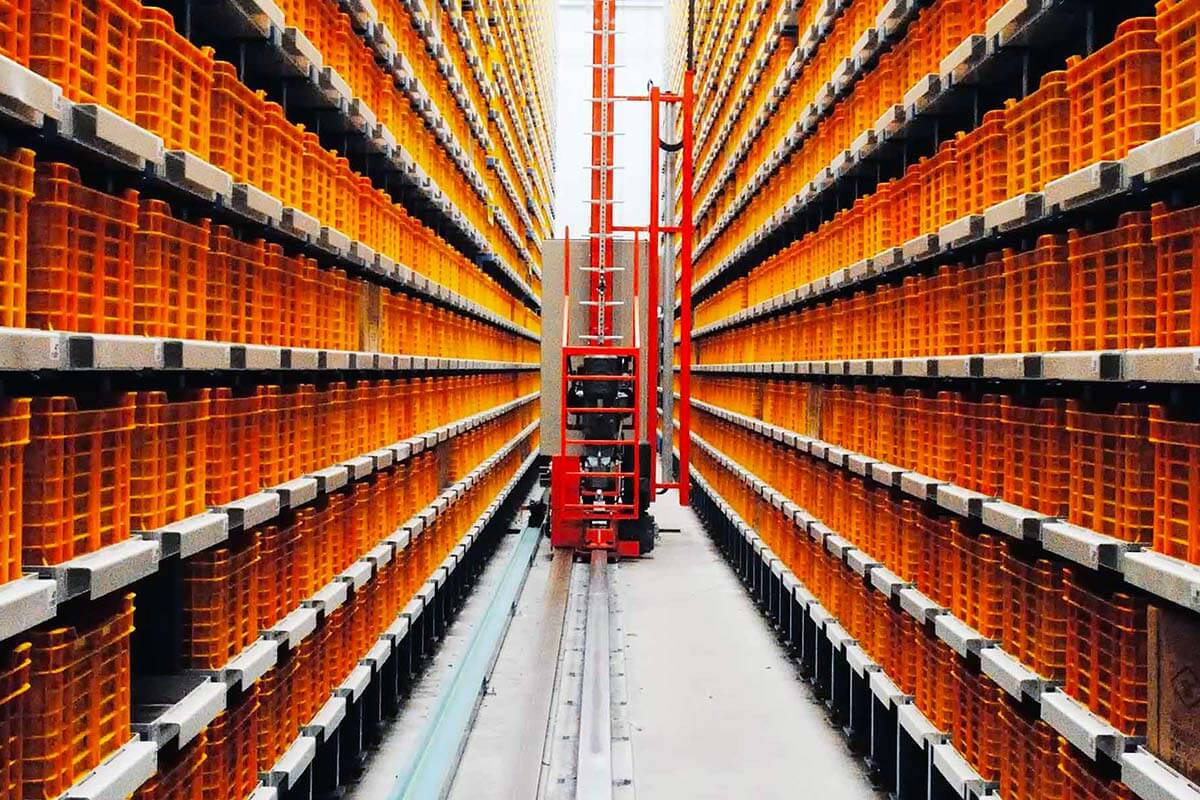
When it comes to logistics, this complex and delicate process is commonly traced back to the handling of goods. Contrary to this belief, logistics is much more than just the transport of goods. In order to clarify the ideas also to non-professionals, therefore, we have prepared a small in-depth analysis on what logistics is.
The meaning of logistics
The term logistics comes from the Greek logistikos, which was to indicate what had a logical meaning. In more modern times, however, logistics has taken on more complex meanings. In particular, it became common in the military sphere, where it indicated the organization of provisions for troops. Nowadays, instead, industrial logistics, as we shall see, is one of the most important components of the production cycle.
What does logistics do?
Corporate logistics is a very complex process. It is primarily concerned with the supply of raw materials and parts, their storage in the warehouse and their supply within the departments. At the same time, it takes care of the packaging of the goods and their transport through the distribution network. The success or entrepreneurial failure of a company can depend on its careful planning, in a regime of strong competition such as the present one.
A definition of current logistics
There is no definition of logistics that has value over time. Just as production systems change, so do logistics systems and, with them, the very meaning of logistics. In particular, the Italian Logistics Association writes:
«Logistics is the set of all those organizational, managerial and strategic processes within a company, from the supply to the final distribution of products».
Instead, according to the Council of Logistics Management, the definition is broader:
«Logistics is the process of planning, implementing and controlling the efficient and effective flow and storage of raw materials, semi-finished and finished products and related information from the point of origin to the point of consumption in order to meet the needs of customers».
In one case as in the other, however, it is clear that logistics does not simply include freight transport. On the contrary, sectors much wider than this are involved: from the supply network of raw materials to the distribution of goods, passing from the process of order and eventually of management of the return. Each of these aspects, inevitably, goes to influence all the others.
Not one logistics, but many different ones
For this reason, it is possible to distinguish the logistics according to the process it deals with and how it fits into the industrial process. We will then have:
- Inbound or inbound logistics: it deals with the management of the warehouse, taking care of relations with suppliers and checking the stocks of raw materials and parts;
- internal logistics: it concerns the operations of sorting of materials, personnel or information within the respective departments in order to allow the regular production;
- distribution logistics or transport logistics: it deals with the management of the distribution network of goods, according to the agreements between the company and the customer;
- return logistics or reverse logistics: it deals with the recovery of returns, their transport and sorting.
Integrated logistics must take all these aspects into account in order to optimize processes and reduce logistics costs.


